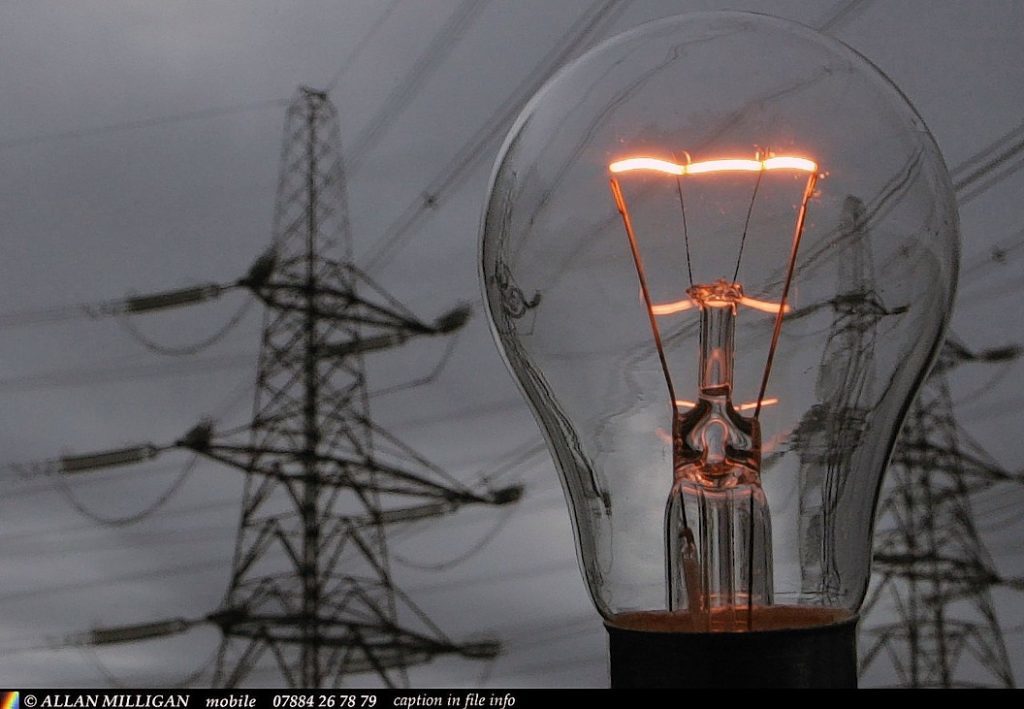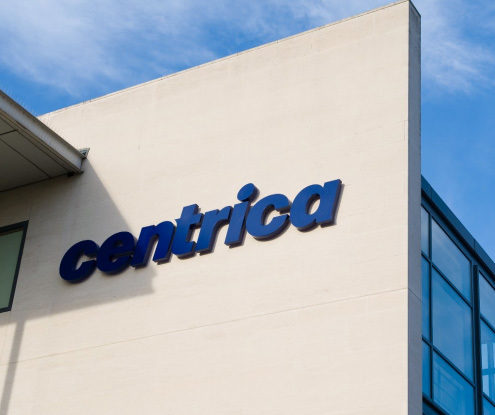
A shift to highly efficient LED light bulbs in homes could cut winter peak energy demand and curb fears about blackouts, campaigners have suggested.
As National Grid prepares to release its winter outlook report on electricity and gas supplies for the coming months, Greenpeace said a drive to switch homes, street lights and offices to LED lights could deliver a major reduction in demand.
National Grid published an initial assessment of this winter’s energy situation in July, in which it said the gap between total electricity generating capacity and peak demand would fall to just 0.1% at the height of a cold spell without action.
But with measures it had taken to provide a safety net, paying large energy users to reduce demand during winter weekday evenings and keeping power stations in reserve that would otherwise be closed or mothballed, the margin was 5.5%.
Research by energy analyst Chris Goodall suggested that a total switch-over to LED light bulbs in homes could reduce peak demand by 5%, or 2.7 gigawatts (GW).
Changing street lights over to the new technology would save a further 0.5GW, while offices and other commercial buildings moving to LEDs could save a further 4.5GW, the research suggests, saving the equivalent of more than two Hinkley nuclear plants of power.
Even without a wholesale switch, promoting LEDs could allay fears about the lights going out by reducing demand for lighting – which is responsible for nearly a third of total winter peak electricity demand, Greenpeace argues.
The total cost of partially upgrading all UK homes to the energy efficient lights would be around £1.7 billion and could be done relatively quickly, it said.
With the price of the light bulbs falling, the cost of changing over the most-used bulbs in the average house would be paid back in about two years in savings on bills, according to the environmental group.
And there would be savings on the need for measures to provide the safety net for the grid, for councils in paying for street lighting, and for the commercial sector.
Greenpeace chief scientist Dr Doug Parr said: “Making our homes more energy efficient by switching our light bulbs to LEDs would offer a cost-effective solution on how to address tight winter margins over the next few years.
“It would also lead to a permanent reduction in peak demand, thus decreasing the amount required to upgrade or replace the UK’s ageing gas, coal and nuclear power plants.
“It would also bring down bills for hard-up families,” he said.
